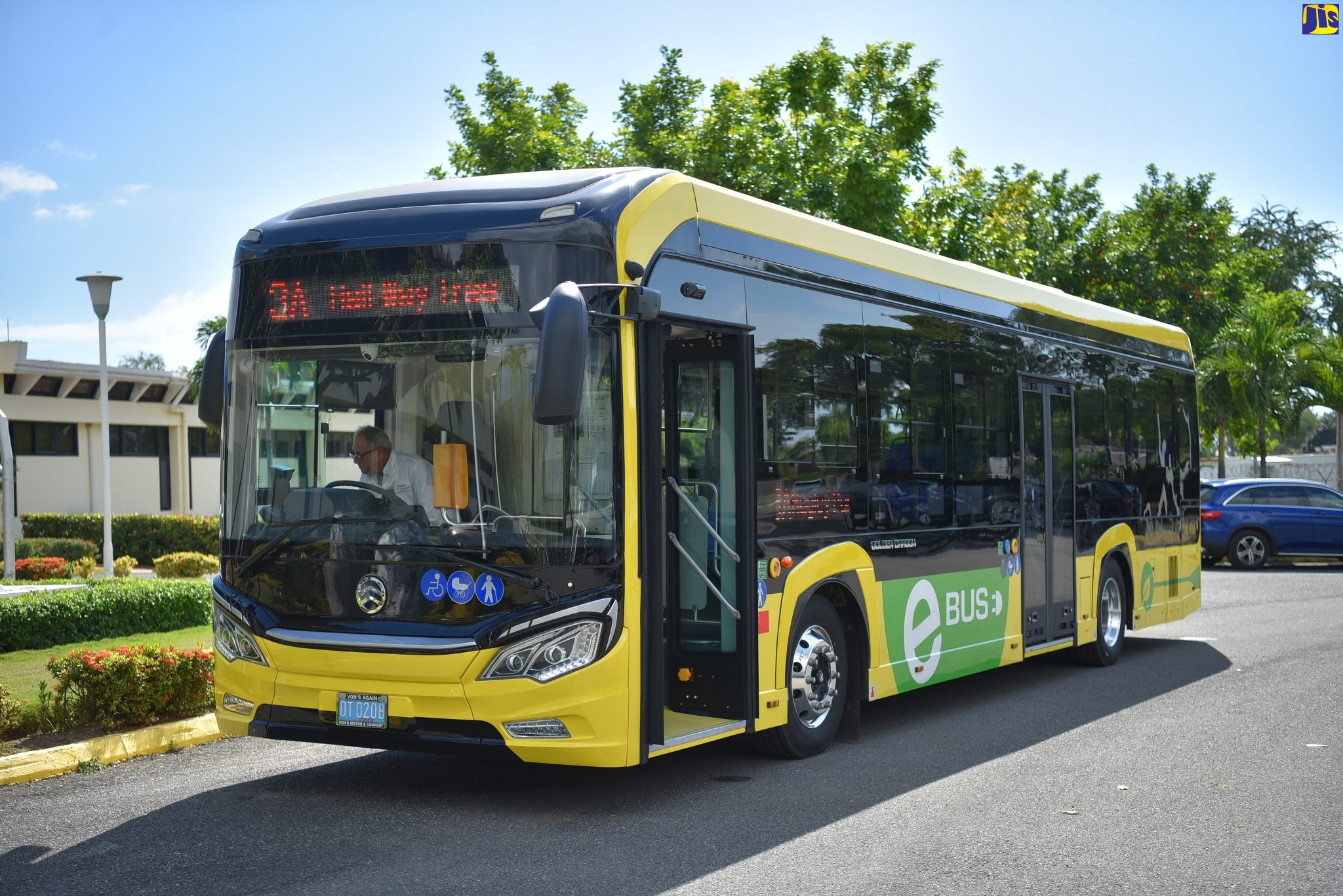Tropical Battery Company Limited (JSE:TROPICAL), a leader in innovative energy solutions, is pleased to announce the strategic acquisition of Rose Electronics Distributing Company (Rose Batteries), based in San Jose, California, in the heart of Silicon Valley.
 Founded in 1963, Rose Batteries is a manufacturer of specialized batteries for high value industries requiring critical power, including healthcare and aerospace. The company has built a solid reputation for the customized design and assembly of highly reliable batteries providing essential power and charging solutions to a broad range of B2B customers.
Founded in 1963, Rose Batteries is a manufacturer of specialized batteries for high value industries requiring critical power, including healthcare and aerospace. The company has built a solid reputation for the customized design and assembly of highly reliable batteries providing essential power and charging solutions to a broad range of B2B customers.
The company’s strength lies in its ability to cater to original equipment manufacturers (OEMs), offering customized solutions that supply continuous power in challenging environments. Rose’s approach in providing tailor-made contract manufacturing solutions has redefined industry standards and garnered a loyal customer base supporting stable, recurring revenue streams.
The acquisition of Rose Batteries represents a significant milestone in Tropical Battery’s strategy of diversification into new complementary product lines, market segments and geographies, and reaffirms the company’s commitment to technological innovation and growth in the global energy market. The acquisition was completed through Tropical’s US subsidiary Tropical Battery USA LLC. The purchase price is subject to strict non-disclosure restrictions, however the price significantly exceeds 50% of the market capitalisation of Tropical.
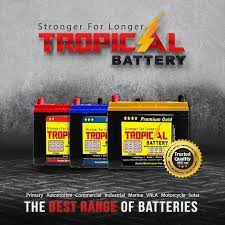 The integration of Rose Batteries into the Tropical Battery group of companies represents much more than simply an expansion into the world’s largest economy; it’s a significant step forward in boosting technological capabilities, innovation potential, and key financial indicators. The acquisition is projected to materially enhance Tropical Battery’s free cash flow, improve its cash conversion cycle, and increase the return on capital, thereby enhancing shareholder value and financial strength.
The integration of Rose Batteries into the Tropical Battery group of companies represents much more than simply an expansion into the world’s largest economy; it’s a significant step forward in boosting technological capabilities, innovation potential, and key financial indicators. The acquisition is projected to materially enhance Tropical Battery’s free cash flow, improve its cash conversion cycle, and increase the return on capital, thereby enhancing shareholder value and financial strength.
Rose CEO Itamar Frankenthal, an influential shareholder who has led the company since 2016, will join Tropical Battery as a shareholder and board member, continuing his focus on growth opportunities in the United States. His extensive experience, shaped by his Harvard MBA journey, along with his transformative leadership at Rose, underscores the expertise and visionary approach he will bring to the Tropical Battery group of companies. Rose COO Chris Wunderlich will become the new CEO of Rose Batteries, bringing a rich blend of experience in management, engineering, operations, and technology.
Following the acquisition of Dominican Republic-based KAYA Energy Group in 2023, and now, the acquisition of Rose, Tropical Battery will focus on integrating and harmonizing these three dynamic organizations to leverage synergies, optimize costs, and explore new growth opportunities across various markets.
“This acquisition reaffirms our commitment to transforming Tropical Battery into a multinational organization at the vanguard of innovative growth in emerging segments driving the transition to more sustainable energy solutions,” commented Tropical Battery Managing Director Alexander Melville.
“The integration of Rose Batteries will position the Tropical Battery group of companies to offer even greater value to our customers and stakeholders than ever before. We are reinvigorated by this next chapter in our growth and passionate about enabling a more sustainable, technologically driven future in the energy sector, while strengthening our financial performance with the support of pioneers in the Caribbean financial services ecosystem like Sygnus Capital, which served as lead arranger in this transaction.”
“Sygnus Capital’s partnership with Tropical Battery for this transformative acquisition reinforces our commitment to delivering innovative solutions that drive the growth of medium-sized businesses throughout the Caribbean,” noted Gregory Samuels, Senior Vice President & Head of Investment Banking at Sygnus Capital Limited. “We believe in empowering local companies to acquire overseas assets, thereby boosting our country’s foreign exchange inflows. This move aligns with our focus on impactful and sustainable investments, while also deepening our longstanding relationship with a valued client, namely Tropical Battery’s holding company, Diverze Assets. Together, we pave the way for growth, innovation, and financial resilience in the energy sector,” Samuels added.
About Tropical Battery Company
Established in 1950, Tropical Battery has become a household name in premium energy solutions in the Caribbean. Listed on the Jamaica Stock Exchange in 2020, the company has diversified beyond its core car battery business into automotive care products, renewable energy and electric mobility as part of its transformation into a diversified energy group enabling sustainability with innovation, technology and exceptional service delivery.
About Rose Batteries
With over 60 years in business, Rose Batteries has emerged as a leading contract manufacturer of specialized batteries for high growth industries driving the adoption of cutting-edge technologies. The company’s dedication to innovation and sustainable practices has positioned it as a vital partner across several sectors, including healthcare, robotics, aerospace and telecommunications.
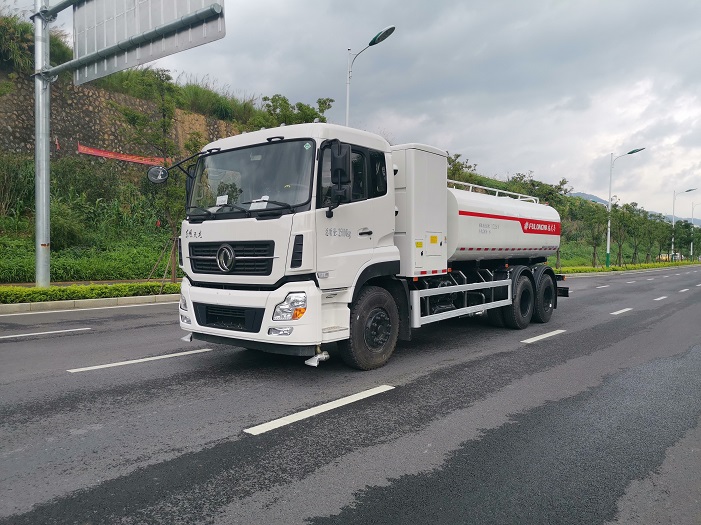

 Feedback & What You Think2 years ago
Feedback & What You Think2 years ago
 RANKING10 months ago
RANKING10 months ago
 Marketing & Advertising2 years ago
Marketing & Advertising2 years ago
 Entrepreneurship2 years ago
Entrepreneurship2 years ago
 Businessuite Women2 years ago
Businessuite Women2 years ago
 Businessuite 50 Power and Influence1 year ago
Businessuite 50 Power and Influence1 year ago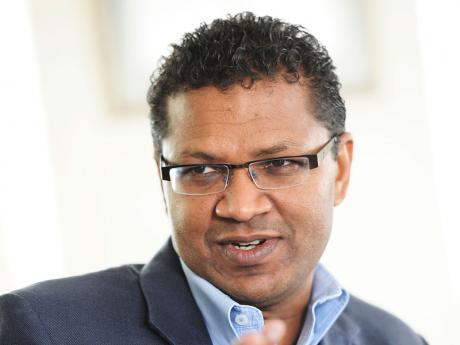
 Businessuite Markets2 years ago
Businessuite Markets2 years ago
 RANKING3 years ago
RANKING3 years ago

 Making the announcement during his contribution to the State of the Nation Debate in the Senate, on December 2, Minister without Portfolio in the Ministry of Economic Growth and Job Creation, Senator the Hon. Matthew Samuda, said the decision has been made to purchase five light-duty EVs during the next vehicle-procurement exercise.
Making the announcement during his contribution to the State of the Nation Debate in the Senate, on December 2, Minister without Portfolio in the Ministry of Economic Growth and Job Creation, Senator the Hon. Matthew Samuda, said the decision has been made to purchase five light-duty EVs during the next vehicle-procurement exercise.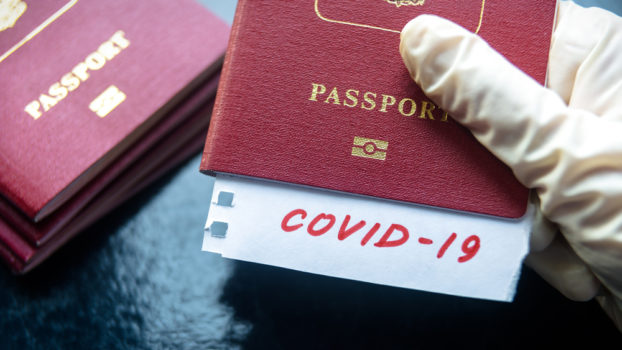


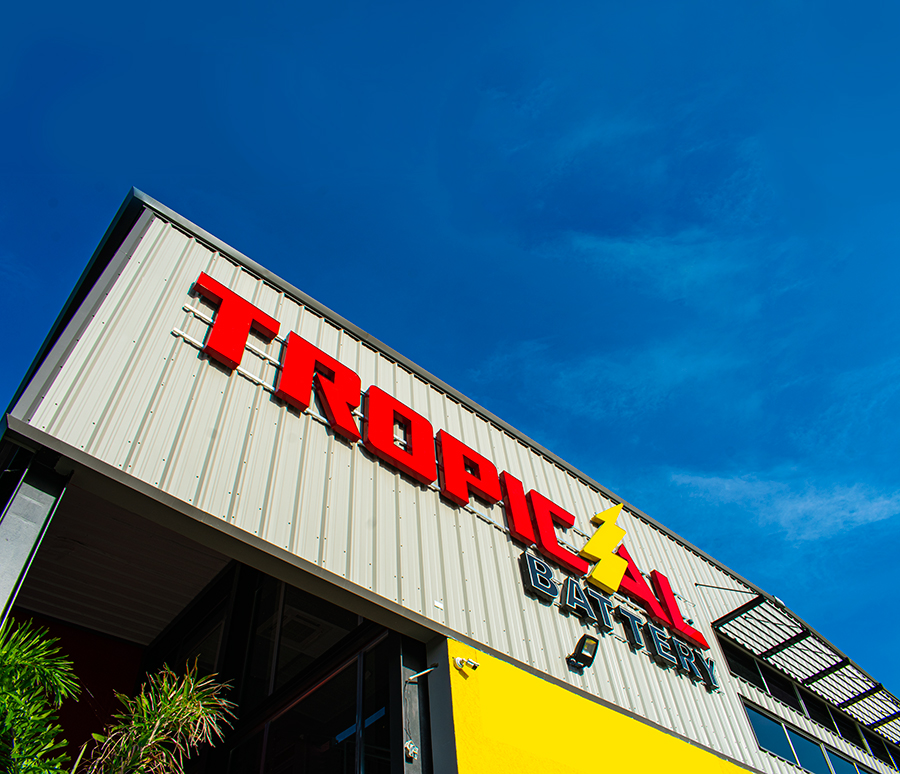 The statement of financial position as of March 31, 2024, illustrates a dynamic period of growth fuelled by strategic acquisitions and significant capital investments. The acquisition of substantial new assets and the expansion into new facilities have poised the company for continued success in its market sector. Moreover, the planned deleveraging through an Additional Public Offering indicates a proactive approach to managing increased debt levels, aiming to optimise the financial structure and enhance shareholder value. The overall economic health of Tropical Battery is robust, with strong liquidity and asset bases that provide a solid foundation for future growth and profitability.
The statement of financial position as of March 31, 2024, illustrates a dynamic period of growth fuelled by strategic acquisitions and significant capital investments. The acquisition of substantial new assets and the expansion into new facilities have poised the company for continued success in its market sector. Moreover, the planned deleveraging through an Additional Public Offering indicates a proactive approach to managing increased debt levels, aiming to optimise the financial structure and enhance shareholder value. The overall economic health of Tropical Battery is robust, with strong liquidity and asset bases that provide a solid foundation for future growth and profitability.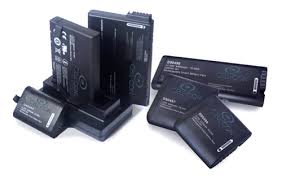
 Founded in 1963, Rose Batteries is a manufacturer of specialized batteries for high value industries requiring critical power, including healthcare and aerospace. The company has built a solid reputation for the customized design and assembly of highly reliable batteries providing essential power and charging solutions to a broad range of B2B customers.
Founded in 1963, Rose Batteries is a manufacturer of specialized batteries for high value industries requiring critical power, including healthcare and aerospace. The company has built a solid reputation for the customized design and assembly of highly reliable batteries providing essential power and charging solutions to a broad range of B2B customers. The integration of Rose Batteries into the Tropical Battery group of companies represents much more than simply an expansion into the world’s largest economy; it’s a significant step forward in boosting technological capabilities, innovation potential, and key financial indicators. The acquisition is projected to materially enhance Tropical Battery’s free cash flow, improve its cash conversion cycle, and increase the return on capital, thereby enhancing shareholder value and financial strength.
The integration of Rose Batteries into the Tropical Battery group of companies represents much more than simply an expansion into the world’s largest economy; it’s a significant step forward in boosting technological capabilities, innovation potential, and key financial indicators. The acquisition is projected to materially enhance Tropical Battery’s free cash flow, improve its cash conversion cycle, and increase the return on capital, thereby enhancing shareholder value and financial strength.